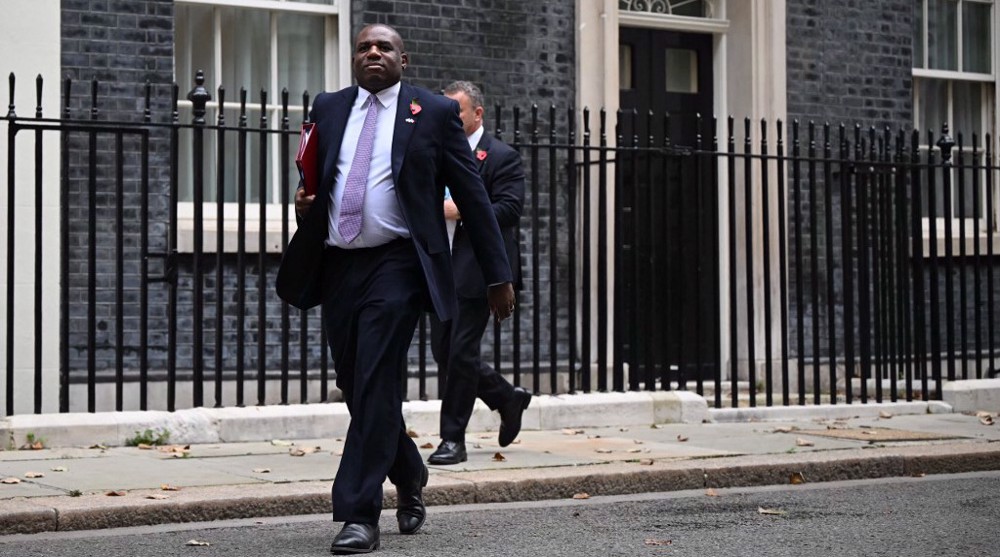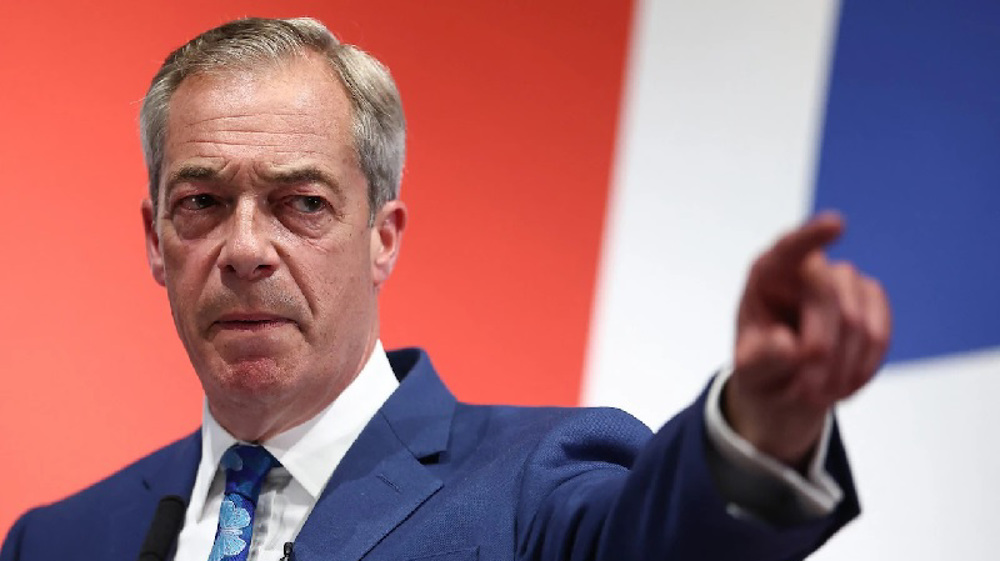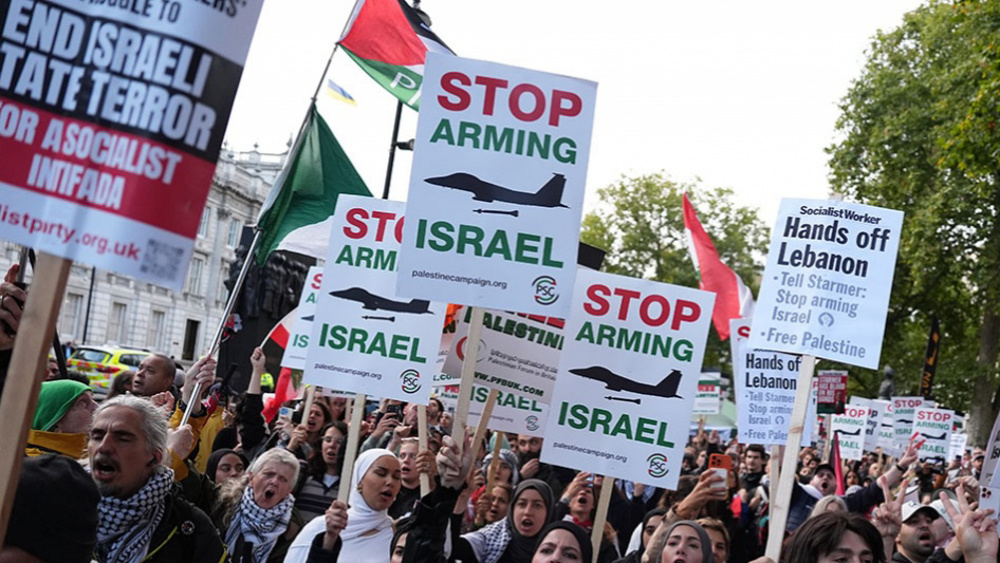UK foreign policy blamed for rise of terror
Fears of terrorist attacks continue to haunt Britain and Sunday’s announcement over possible threats against London have added to the worries of British officials as well as the public.
Many had already blamed the foreign policy of Britain – as well as the United States – for the growth of terrorism at the international level. To the same effect, the recent wave of threats against London is seen as a result of the persistence of British leaders to push ahead the same old interventionist approaches in hotspot areas like the Middle East.
Alan Gibbons, an award-winning author and political commentator based in Liverpool, has told Press TV that British leaders should remember that terrorism has its roots in politics. Gibbons emphasized that addressing the issue of terrorism therefore requires a change of attitude in Downing Street.
“We create a strategy of tension then and start to look for escape goats,” he said. “Terrorism is not simply a logistic issue and is a political one.”
Gibbons emphasized that the current threats of terrorism against Britain is a result of the decision by the country to join the United States to go to war in Iraq back in 2003.
He added that London needs to address the repercussions that the government of former prime minister Tony Blair has caused as a result of going to war in Iraq.
The British media said on Sunday that London is among other major European cities that have been forewarned about the possibility of a shooting or bomb attack on or before New Year's Eve.
The terror alert originally handed to Austrian police on Saturday from a "friendly" intelligence service says terrorist sleeper cells are planning to hit Western targets, according to the British daily, the Express.
Gibbons further said that the international community needs to avoid anything that would demonize Muslims in light of its ongoing war on terror.
“Anti-terror policy cannot be on the basis of attacking ideology or creating general suspicion in Muslims as a community,” he told Press TV’s UK Desk in an exclusive interview.
“We have to look into the direction of targeted well resourced intervention and a re-think of foreign policy alongside that. That’s the integrated attitude which seems to be the way forward to me.”
Israeli forces kill 7 more Palestinians in West Bank
Israel’s Netanyahu dismisses military affairs minister Gallant
Hezbollah attacks turn Israel’s Haifa into a ghost town
Iran’s FM meets Pakistani PM, discusses bilateral ties, Israeli atrocities
Iran ramps up gasoline output amid rising demand
UK foreign secretary under pressure over denial of genocide in Gaza
VIDEO | Press TV's news headlines
Hezbollah bombards explosives factory in occupied territories










 This makes it easy to access the Press TV website
This makes it easy to access the Press TV website